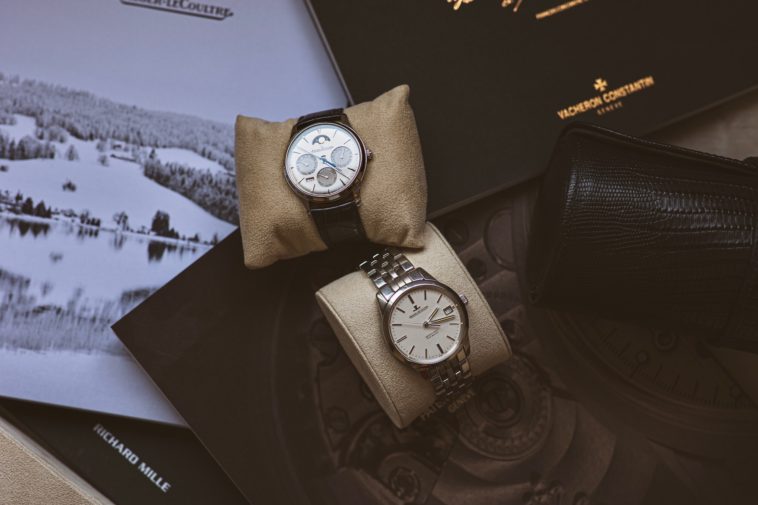Jaeger-LeCoultre is a renowned Swiss company specializing in crafting luxury timepieces and clocks. Located in Le Sentier, a town in the Vaud region of Switzerland, the company has an illustrious history of not only manufacturing its own high-quality watches but also supplying essential watch components and movements to other eminent Swiss watchmakers. Initially, a partnership between Mannesmann AG and Audemars Piguet was responsible for ownership stakes in the company. However, since the year 2000, Jaeger-LeCoultre has functioned as a wholly-owned division of Richemont, a Swiss luxury conglomerate.
Historical Background
Origin
The origins of Jaeger-LeCoultre trace back to the early 19th century when it was founded by Antoine LeCoultre in 1833. The company set new standards in the watchmaking industry and quickly gained a reputation for excellence. Its founder, Antoine LeCoultre, was not just an entrepreneur but also a brilliant watchmaker who contributed significantly to the field. The company’s original focus was on the creation of innovative movements, setting the stage for its future collaborations with other watchmaking giants.
Ownership Evolution
Before becoming a part of Richemont, Jaeger-LeCoultre was owned by two major entities: Mannesmann AG held a 60% stake, and Audemars Piguet owned the remaining 40%. This structure was in place until Richemont, a Swiss-based luxury goods holding company, acquired Jaeger-LeCoultre in its entirety in 2000. Since the acquisition, the watchmaking company has operated as a full-fledged subsidiary of Richemont.
Specialties
Watch and Clock Manufacturing
Jaeger-LeCoultre is synonymous with luxury and craftsmanship. The company is particularly known for its high-end watches and clocks. Each piece is a result of meticulous craftsmanship, combining traditional watchmaking skills with modern technology. Over the years, the company has introduced a range of models, some of which have become iconic in the world of horology.
Supply of Components and Movements
In addition to its own creations, Jaeger-LeCoultre has a longstanding tradition of supplying other prestigious Swiss watch companies with movements and critical components. This makes it a key player not just in end-product manufacturing but also as an indispensable part of the Swiss watchmaking ecosystem.
Technological Innovations
Jaeger-LeCoultre has been a pioneer in watchmaking technology. For instance, in 1844, Antoine LeCoultre invented the Millionomètre, the first instrument capable of measuring to the micron, revolutionizing precision in watchmaking. The company was also behind the creation of the world’s smallest mechanical movement, Calibre 101, which still holds the record. These technological advancements underscore the company’s commitment to innovation and excellence.
Richemont Group: The Parent Company
Background
Richemont was founded in 1988 and is headquartered in Geneva, Switzerland. It is a publicly traded company and is one of the leading luxury goods companies in the world. The group owns several other high-end brands in addition to Jaeger-LeCoultre, such as Cartier, Montblanc, and Van Cleef & Arpels.
Significance of Acquisition
The acquisition of Jaeger-LeCoultre by Richemont in 2000 was a strategic move that benefited both parties. For Richemont, it meant adding a prestigious and technologically advanced watchmaking brand to its portfolio. For Jaeger-LeCoultre, it ensured stable ownership and the financial backing required for research, development, and expansion.
Conclusion
Jaeger-LeCoultre is a cornerstone in the Swiss watchmaking industry, specializing in the production of luxury timepieces and clocks. Its historical significance, technological contributions, and role as a supplier to other renowned Swiss watchmakers make it a multifaceted player in the world of horology. With its current ownership structure under the Richemont Group, Jaeger-LeCoultre continues to uphold its legacy while also embracing the resources and opportunities that come with being part of a global luxury conglomerate.





